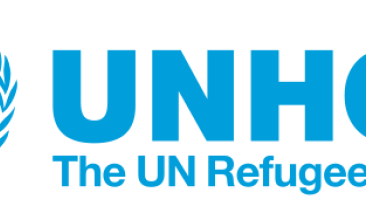This situation results in an end to the sponsoring group's responsibility towards the sponsored people. If a resolution is not found, an official declaration is made that “irreparable failure” to meet the sponsorship arrangement has occurred. The responsibility for a sponsorship breakdown may either rest with the refugees or the sponsoring group.
Why do breakdowns happen?
Some sponsorship breakdowns may arise due to the refugee having solid reasons to move away from the community where the sponsors are located. In some cases, it might also be due to a disagreement that might have come up during the sponsorship period. Things might have escalated and led to the end of the relationship between the sponsoring group and the sponsored people. Most of the time, this is due to miscommunication, which might result from cultural differences, expectations/reality gaps, misunderstanding, and stress.
Breakdown process
When a situation occurs that may lead to a sponsorship breakdown, Immigration, Refugees and Citizenship Canada (IRCC), the sponsoring group (including the Sponsorship Agreement Holders (SAH) if a Constituent Group is involved), and the refugees will try to settle the problem and avoid a sponsorship breakdown. It is in the interest of the sponsoring group to involve IRCC in the event of a dispute, as it can step in to help with mediation or other resolution methods. They should contact the Resettlement Services Assurance Team (RSAT).
Once notified, the RSAT will evaluate the seriousness of the situation and decide whether IRCC involvement is necessary. They may request that the sponsors try to fix the issue independently. If they cannot find a solution, IRCC will proceed to establish responsibility. An RSAT officer will facilitate a meeting with all parties concerned. The discussion will also address the current needs of the refugee for the rest of the sponsorship period and the ability of the sponsoring group to support the refugee under the new circumstances.
During that process, the officer will gather information on the amount of financial and settlement assistance provided. If they find that the refugee needs immediate financial support, they may provide emergency funds or refer the refugee to Ontario Works for social assistance. On the other hand, the sponsoring group has to keep carrying out its sponsorship responsibilities throughout the duration of the conflict until IRCC officially declares the sponsorship breakdown.
If the sponsoring group is found to be at fault, it must continue supporting the refugees in the new community. Moreover, it will also be banned from sponsorship until it meets all the regulatory requirements. IRCC will also monitor the sponsoring group’s current sponsorships in Canada that are still within the one-year sponsorship period to ensure that financial and settlement support is being provided. For SAHs, their sponsorship agreement may suffer and be placed under probation status, suspended, or cancelled.
On the contrary, if the sponsoring group is not responsible, it is released from all further obligations.
Unless IRCC issues a formal notice of sponsorship breakdown (which consequently cancels the sponsorship agreement), sponsored refugees cannot get income support through provincial or municipal assistance programs or the Resettlement Assistance Program during the sponsorship period (12 months).

